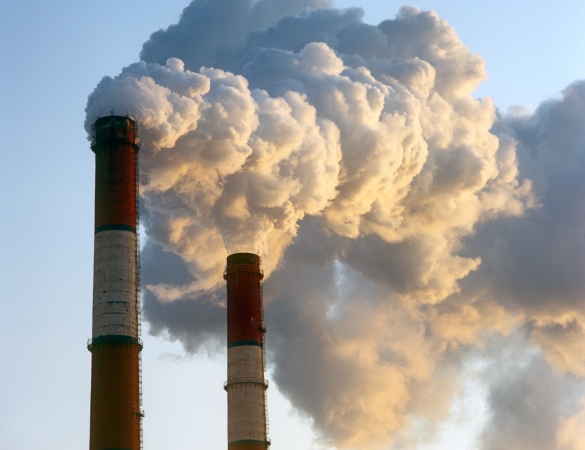Energy
Global Energy-Related Carbon Emissions Could Peak in 2020
Published:
Last Updated:

More ambitiously, the International Energy Agency (IEA), in a report released Monday, offers a scenario under which the 2-degree goal can be met and that relies solely on proven technologies and policies without changing the economic and development prospects of any region. The IEA’s so-called Bridge Scenario is based on five measures:
According to the IEA the world’s carbon budget (that is, the amount of carbon left to be consumed if the world is to have a 50% chance of meeting the 2-degree goal) will be exhausted by around 2040. That means that unless nations take stronger action after 2040, the average global temperature increase will be around 2.6 degrees Celsius by the end of the century and up by another 3.5 degrees by the year 2200.
Reaching the early peak in emissions by 2020 is one of the IEA’s four “pillars” to reduce energy-related carbon emissions. The other three are reviewing progress every five years, locking in short-term commitments to achieve long-term goals and effectively tracking progress in the energy sector.
ALSO READ: Countries With the Widest Gap Between the Rich and the Poor
In the IEA’s Bridge Scenario, coal use peaks before 2020 and then declines while oil demand rises to 2020 and then plateaus. Total greenhouse gas emissions peak around 2020, with energy intensity and carbon intensity improve by 40% by 2030. China’s economic growth decouples from emissions growth around the same time, much sooner than expected according to the IEA.
In the developed nations, the pace of decoupling economic growth from emissions growth is almost 30% more rapid than it is China. In the European Union that rate is due to improved energy efficiency, while in the United States renewables are expected to contribute a third of emissions savings in 2030.
Here’s a link to an executive summary of the IEA’s 2015 special report: Energy and Climate Change.
Finding a qualified financial advisor doesn’t have to be hard. SmartAsset’s free tool matches you with up to 3 fiduciary financial advisors in your area in 5 minutes. Each advisor has been vetted by SmartAsset and is held to a fiduciary standard to act in your best interests. If you’re ready to be matched with local advisors that can help you achieve your financial goals, get started now.
Thank you for reading! Have some feedback for us?
Contact the 24/7 Wall St. editorial team.